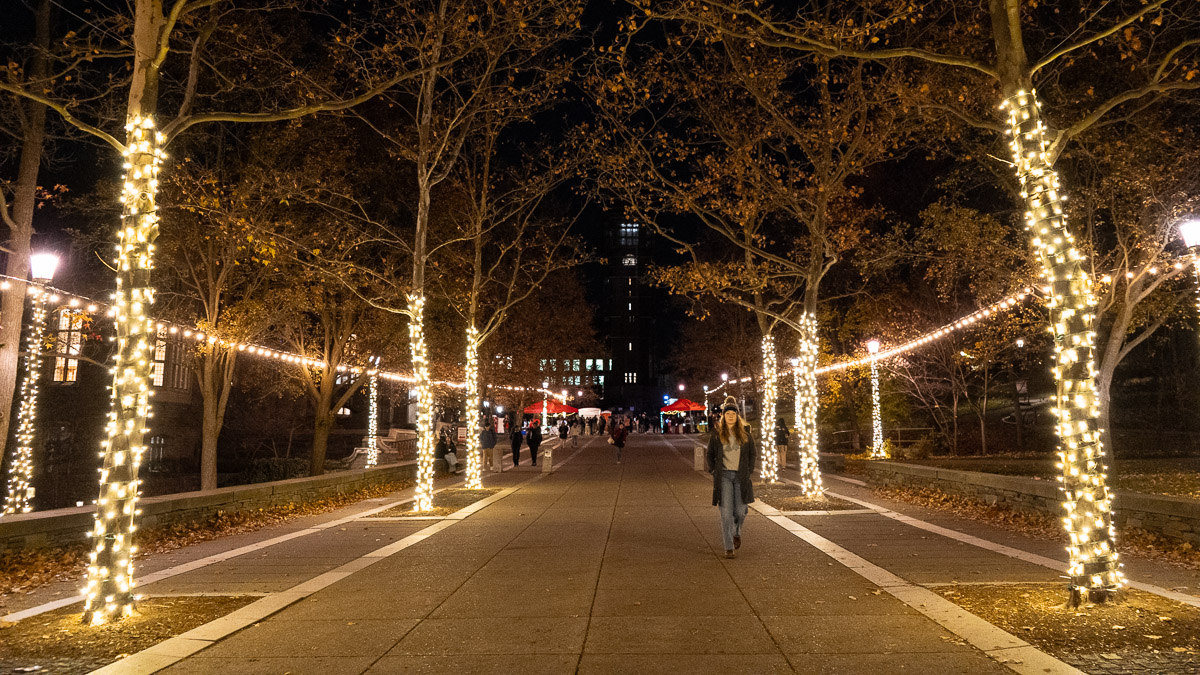Student Initiative promotes mental health, combats seasonal gloom
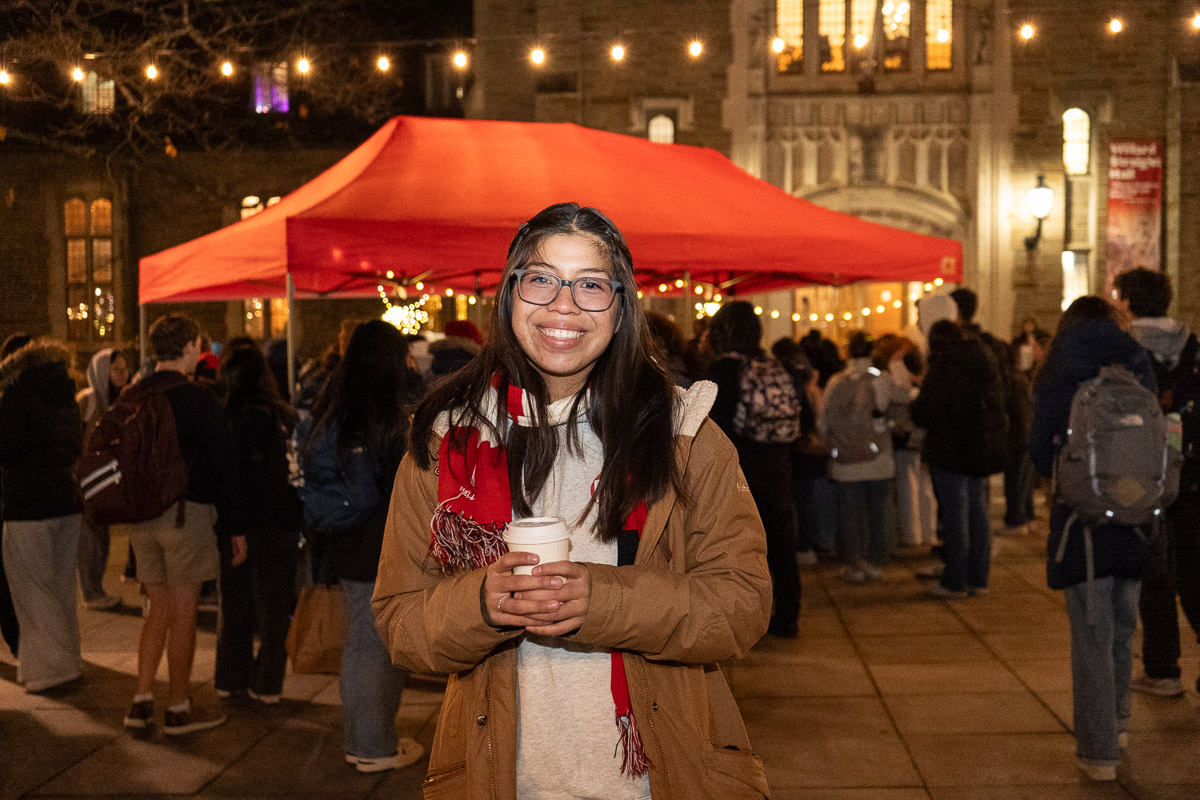
By Stephen D'Angelo, Student and Campus Life
For Zoey Preza ‘25, the end of daylight savings has always brought her and peers challenges.
“Transitioning from California to Ithaca my first year was really rough for me, and I’ve struggled a lot not seeing the sun as often,” said Preza, co-president of Cornell Minds Matter (CMM) “A lot of people around me, including my friends from warmer climates and the east coast, feel a shift after daylight savings and as the colder weather comes with prelim season. The combination of my own experiences and those close to me motivated me to want to do something about it.”
A student-led initiative by Cornell Minds Matter (CMM) and supported by Cornell Student & Campus Life, “Light Up the Season” will illuminate trees, lamp posts and walkways of Ho Plaza through February and is aimed at countering the isolating effects of winter and fostering mental well-being and connection across the campus community. Preza and CMM joined Cornell students, faculty and staff for the Nov. 14 lighting event, which included a performance by the Big Red Band.
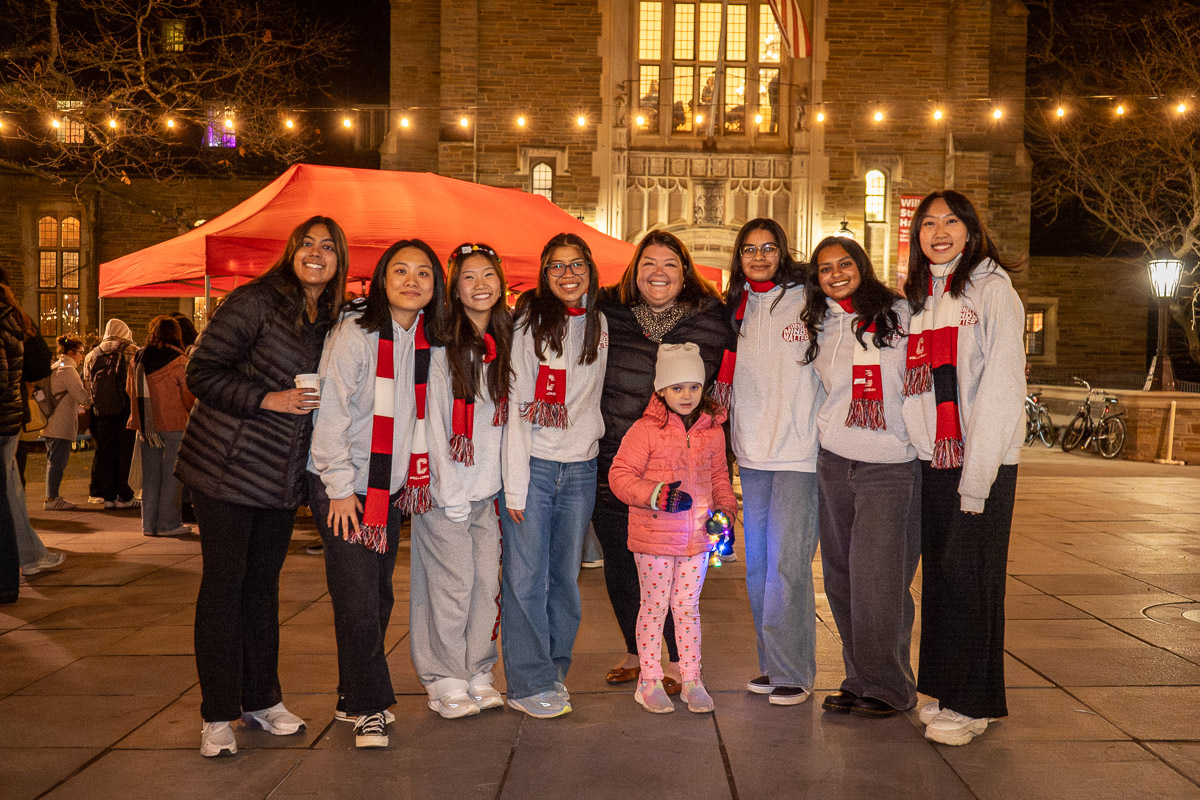
“We really want to use this initiative to make the campus feel more like home and remind us that we’re all part of a caring community,” Preza said. “I’m just most excited for students to come together, get out of the whole prelim stress, and use a brightened Ho Plaza throughout the winter to connect.”
Seasonal Affective Disorder (SAD), seasonal depression, and “Winter Blues” often casts a shadow over the colder months, creeping in as daylight hours shorten, said Sophia Scholl, counselor and therapist at Cornell Health’s Counseling & Psychological Services (CAPS).
“If you’re feeling sluggish, down, or unmotivated, you’re not alone—10-20% of college students experience some form of SAD, with 5-8% facing symptoms severe enough to disrupt daily life,” Scholl said. “For Cornell students, the combination of winter gloom and academic pressures can make the season especially challenging, sapping energy, focus, and motivation just when they need it most.”
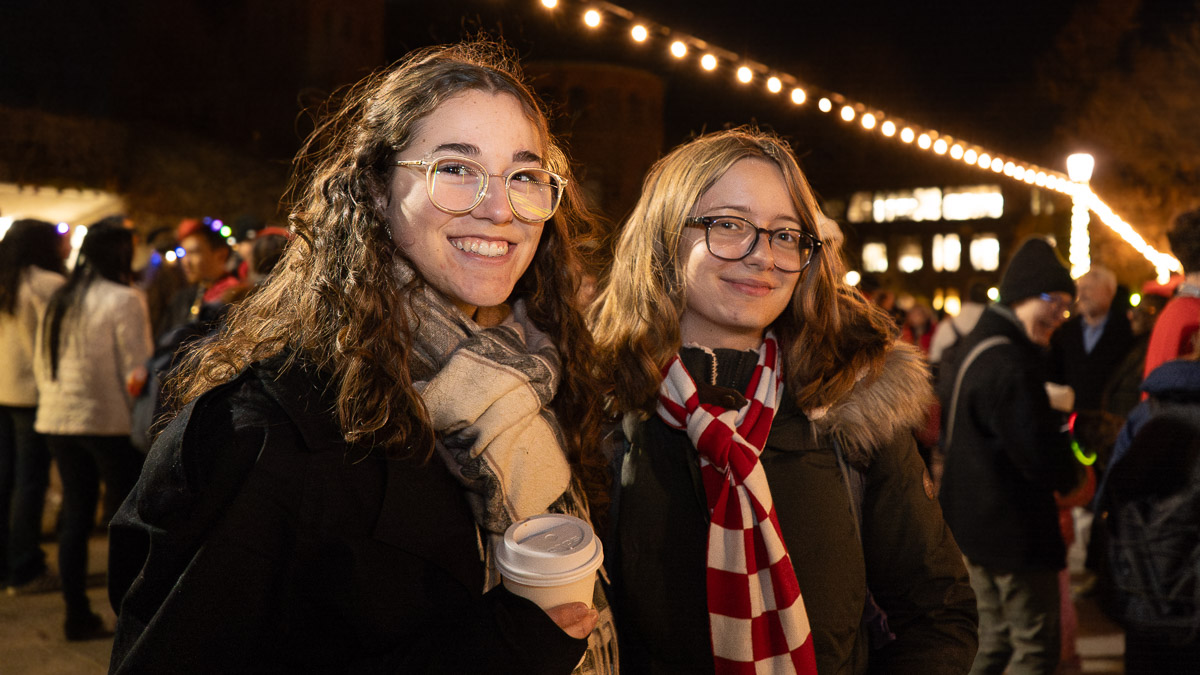
To combat seasonal challenges, Scholl said students can use a variety of interventions such as light therapy to ‘bring the sun inside,’ mimicking natural sunlight to lift their mood; keep a consistent sleep-wake schedule, even on weekends, to support a balanced circadian rhythm; as well as filling indoor spaces with plants, staying active, getting outside whenever possible, and eating a colorful and nutritious diet.
“Cornell Health offers support and can connect students with medical and mental health professionals who can help them feel more in control through the winter months,” Scholl said.
With lights set to illuminate Ho Plaza for months, CMM’s “Light Up the Season” aims to create a festive and welcoming space that invites the entire Cornell community to gather, unwind and connect throughout the winter season to combat feelings of isolation.
Dedicated to promoting mental health awareness, support and well-being to students across campus, CMM, supported by Cornell Health’s Skorton Center for Health Initiatives, hosts a range of programs and events throughout the year such as bi-weekly resources tabling events in high traffic areas of campus providing mental health information and self-care kits to students, workshops with student groups on issues like Imposter syndrome, about first year loneliness, and weekly yoga and Zumba group fitness classes with Cornell Recreational Services. CMM also distributes self-care kits during high-stress periods such as finals and prelim weeks.
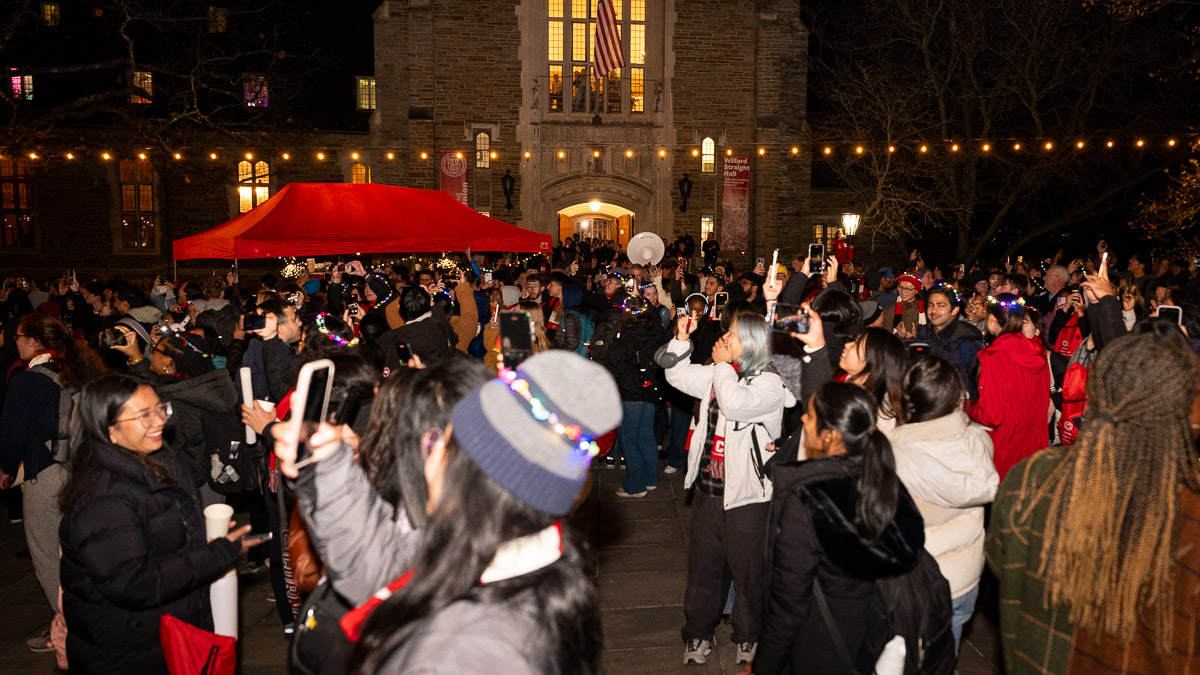
Beyond their regular offerings, CMM collaborates with other campus organizations to address a wide spectrum of mental health topics, including imposter syndrome, first-year loneliness, and seasonal well-being challenges. These collaborations allow CMM to extend its reach and ensure that mental health resources are accessible to students across diverse campus communities. Within the context of Cornell’s Health Promoting Campus initiative, the efforts of student groups like CMM help shape a supportive campus environment.
“Our primary focus is to reduce the stigma of mental illness and mental health issues across campus, and encourage peers to get involved in the conversation," Preza said. “We really want to convey the message to students that they’re supported—that their mental health is valued and prioritized on campus.”
